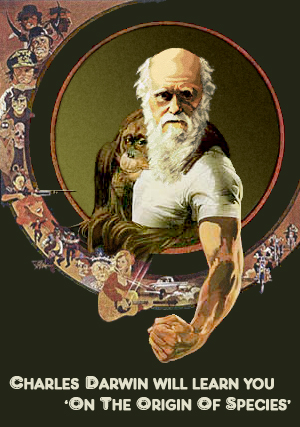WHAT DO WE DO?
We are evolutionary biologists, studying how
natural
selection leads to organisms being adapted or 'appearing
designed'.
This adaptationist approach is explained in the textbook An Introduction to Behavioural Ecology.

Our main focus is the evolution of social behaviours,
such as altruism, cooperation, communication, spite etc. These
traits
are of particular interest because they can involve conflicts
between
individuals, and can be relatively hard to
explain. Social evolution and cooperation is also at the heart
of the evolution of complex life on earth, via the major
evolutionary transitions.
The most up to date indicator of what we are doing is provided by my full publication list.
In the past a large part of our research was on sex allocation (the allocation of resources to male and femal offspring) - a relatively well understood trait, which offers excellent opportunities for examining how to study adaptation, and the limits of natural selection. This work is summarised in my 2009 Sex Allocation book.
Our research involves combining a number of methodologies: field and laboratory experiments; comparative studies; theoretical modeling; molecular techniques. Study organisms: our recent empirical work has involved insects (especially the parasitoid wasp Nasonia vitripennis), parasitic protozoa (Plasmodium), bacteria (Pseudomonas aeruginosa), reef fish and humans.